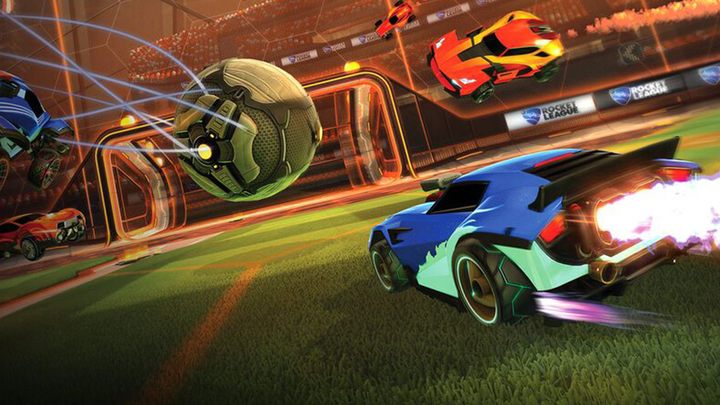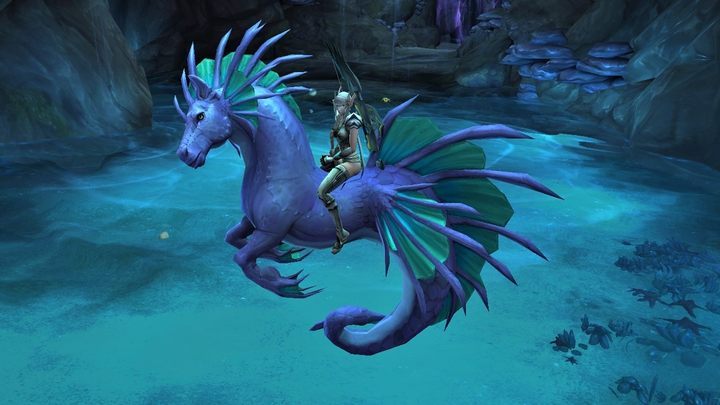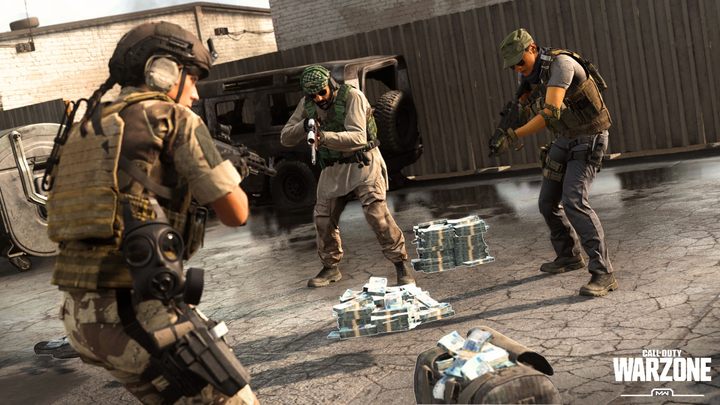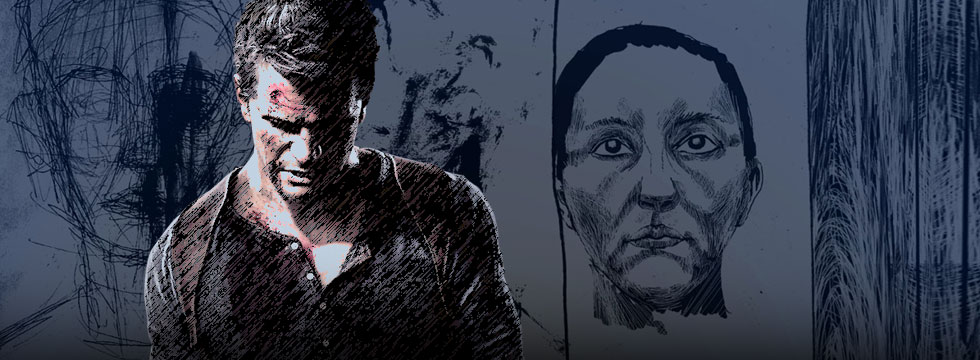author: Adam Belda
Depression? Sensible Gaming Can Help
Cure for depression? Easy: running, pizza, partying, and meeting friends. No video games. Or actually, playing as much as possible is the way... There's a ton of BS that you can read about depression on the web, so we've asked an actual practitioner.
Table of Contents
How can games combat depression symptoms?
The hippocampus is a structure in the brain that's responsible for accessing and extracting relevant information from memory. It's a highly automated and independent area, so it makes decisions before we even realize something's on. If the structure becomes less active and loses cells in depression, it may bring about memory impairment and decreased physical activity.
To counteract these changes, the hippocampus must be stimulated. Of course, this can be done with appropriate pharmacotherapy, and indeed, it has been scientifically proven that drugs can increase the density of connections in the hippocampus. But youre on Gamepressure, not Pharmapressure, so let's talk about games, sall we? So, if there was a way to spur the activity of the hippocampus, something that requires quick decisions made on the fringe of consciousness, in accordance with past experience... And then, if the patient was adequately encouraged to making these decisions and rewarded for them...

Yes, research has confirmed that games increase hippocampal activity, making them excellent candidates for supporting depression therapy. Thanks to their dynamics and relatively high level of complexity, they are difficult enough to muster up a lot of brain power, and at the same time – since the entry threshold is really low – they don't require much commitment, so that depressed people don't have a hard time engaging in them.
THE HIPPOCAMPUS
Readers familiar with Latin may note that "hippocampus" means no less than a "seahorse." What's the deal here? There are generally plenty of absurd names in anatomy, stemming from all kinds of bizarre associations (a bundle of spinal nerves and spinal nerve rootlets is called cauda equina – horse tail) so this is just another example. .
The nucleus accumbens and prefrontal cortex are, in turn, responsible for motivational processes, feelings of satisfaction and pleasure. While the role of the nucleus accumbens can be easily explained – the more stimulated it is, the more pleasant sensations we get – things are a bit more difficult with the cerebral cortex.
This tiny structure is responsible for most of the pleasure we experience. According to the simplest model, it's intended to recognize strong emotions produced by subcortical centers and modulate them in a more rational manner. For example: children who are to young to have a well-developed prefrontal cortex, are prone to tantrum, but at the same time their joy is much more spontaneous and carefree than of adults. This effect seems most pronounced in neonatal age, when humans experience the simplest and strongest emotions.
Thus, the prefrontal cortex can be both positive – when it judges pleasure recognized by subcortical centers as rational and allows it to reach the consciousness – and negative – when it ruthlessly kills any joy before it even exists.
The cortex and the nucleus are also important in the development of anhedonia. Anhedonia is the inability to feel pleasure, entailing reduced overall activity. Anhedonia is one of the diagnostic criteria for depression, but it also occurs in other mental disorders, such as schizophrenia.
It's one of the main reasons why people with this condition see the world as a dismal, bleak place which is best avoided. Studies in animal models show that this is due to a decrease in activity of both the orbitofrontal cortex, which is part of the prefrontal cortex, and the ventral striatum, part which is the nucleus accumbens.

Fortunately, it has been empirically proven that playing video games increases the activity of the ventral striatum. It's not very surprising that playing video games, as an activity focused on getting rewards for achievement stimulates those areas of the brain that are responsible for the perceiving reward.
EXPERIMENT
- Take 50 healthy people and randomly assign them to a group playing at least 30 minutes a day of Super Mario 64 on the Nintendo DS, and to a control group that doesn't.
- Get everyone a functional MRI scan, record the results.
- Wait two months.
- Repeat the CT scan.
- While waiting for a reward, the activity of the ventral striatum in the playing group will be significantly increased compared to pre-experiment measurement. In the control group, activity will be low in both cases.
It's an actual experiment that really was conducted and indirectly confirms the positive impact of games. This is the moment, when I should tell you not to do it at home, but actually, what the hell; this will certainly be educational for anyone who has an MRI scanner in the basement.
But sometimes, as I mentioned, the prefrontal cortex becomes over-restrictive and instead of rationally processing information about pleasure, rejects it, like Red from Pallet Town rejected pokeballs. This results, firstly, in an even deeper state of anhedonia, and secondly, in a significant decrease in activity and motivation to act. Since the cerebral cortex inherently treats impulses to seek pleasure as something unnecessary, a person will simply not seek that pleasure. And even though we, as people are happy to see ourselves as being driven by something more, it is the pursuit of individual and preferably instant gratification that's the reason of overwhelming majority of our behaviours.
In such a disastrous situation, games also come to your aid! As we all know very well, dynamic action games often require instant reaction, without leaving too much time for consciousness. The cerebral cortex, which is a very powerful, but woefully slow, tool compared to its evolutionarily older brothers, is simply not suited to such tasks. In war, it is used to formulate strategies, analyze enemy behavior and convince the general that the Normandy beachhead landing is the best of all possible ideas, but when the air is thick with whizzing lead, it is best to switch off thinking and rely on instincts alone.
DAD, MY CORTEX IS LAGGING AGAIN, LET'S GET A BETTER PROCESSOR
To imagine the hierarchical nature of the nervous system, older players (and I mean people born in the 90s, already standing one foot in the graves) can compare it to Windows 98, and the much faster, but unable to cope with more complex stuff, MS-DOS, hidden underneath the windows. For a more gaming-oriented comparison, I recommend comparing Super Mario Bros. and Super Mario Odyssey. The newer game is more advanced technically and offers almost infinite possibilities compared to the NES version, but also because of this, the first part of plumber's adventures will run several hundred times faster on modern hardware. And it will still be entertaining.
The Neocortex, the pinnacle of biological evolution on Earth that has given us dominance, is a hellishly complex and versatile organ. Because of that, however, sensible conclusions are drawn relatively slowly here – much slower than in the subcortical structures, which are much simpler and do not consider as many circumstances. And sometimes that's exactly what you want – this is why in stressful situations, we often make decisions instinctively, before actually "thinking," and in extreme cases, we can do something completely unconsciously and not even remember it.

That's what happens when you play action games. The brain tends to hush the prefrontal cortex, submitting to these more primal instincts. Perhaps it has to do with the "flow" – that particular feeling of relaxation that comes with exceptionally well-designed "brainless" shooters and slashers. Interestingly, it's quite similar with achieving sexual satisfaction – the momentary calming of those over-controlling parts of the mind allows you to enjoy the moment.
Is gaming a cure?
As an interactive and engaging medium, games are an excellent tool for stimulating a wide range of cognitive and executive functions of the human brain. Adding to this the fact that they're designed to give pleasure, they can be successful in improving the mood, even in pathological cases.
Does that mean you can throw away the pills, cancel the therapy and spend the cash on Doom and Death Stranding? Of course not. Depression is still a severe, potentially fatal mental illness that needs to be taken seriously and treated with care. However, reasonable gaming – that is, one that will not deepen isolation from the environment or hinder the treatment proper – can be beneficial in certain situations.
ABOUT THE AUTHOR
I'm doctor of medicine currently obtaining the specialization in psychiatry. I had a bad day a few weeks ago. But so bad, I didn't even want to get out of bed. Luckily I didn't have to, because I just happened to have a day off. I thought it was a good time to finally catch up on Crysis 3. Two hours in Prophet's skin made the nanosuit recharge my energy and improve my mood for the rest of the day. Of course, it's just an anecdote, but since a man whose only competence was remembering anecdotes became king of Westeros, I think there must be something about it.
